Sorafenat (sorafenib) is a cancer (chemotherapeutic) medication. Sorafenat interfere with the growth and spread of cancer cells in the body.
Sorafenat is used to treat a type of kidney cancer called advanced renal cell carcinoma. It is also used to treat liver cancer.
Sorafenat (200mg)
Sorafenat also known by the generic name Nexavar in USA is a cancer (chemotherapeutic) medicine. It works by interfering with the growth and spread of cancer cells found in the body. Sorafenat (Sorafenib) is used to treat a type of kidney cancer that is termed as renal cell carcinoma. It is manufactured by one of the finest pharmaceutical companies, Natco Pharma Limited. This medication is also used to treat liver cancer and for purposes that are not mentioned in the medication guide.
Important Guidelines to follow before taking Sorafenat
Avoid use of Sorafenat in case you are pregnant- as it could harm the fetus. Do not use effective birth control while you using this medication and for at least 2 weeks after your treatment ends, whether you are a woman or a man. Use of this medication by either parent can lead to birth defects. Do not breast feed while using this medication. Patients with Individual allergies to Sorafenib must not use this medication or if you have squamous cell lung cancer and are currently being treated with carboplatin (Paraplatin) and paclitaxel (Onxol, Taxol, Abraxane).
Before the course for this medication starts inform your doctor if you have any kidney or liver related ailments other than cancer. Or have disorders like a bleeding, blood clotting, heart disease, high blood pressure, slow heartbeats, congestive heart failure, a personal or family history of Long QT Syndrome or any other allergies.
Make sure to visit the doctor regularly and get your blood pressure checked. In case any surgery or dental work needs to be done, be sure to inform the doctor before hand that you are consuming Sorafenat.
How to Enquire Online?
With a worldwide network Galaxysuperspeciality, makes Sorafenat available for you anywhere in the world including Russia, Romania, China, Peru and USA. These tablets come packed in a bottle of 120 Tablets.
How to take Sorafenat?
Consume Sorafenat as prescribed and avoid consuming these tablets for a longer period of time. Follow the directions on your prescription label. Take Sorafenat on an empty stomach (at least 1hr before or 2hrs after eating). Do not crush, chew or break a Sorafenat Tablet, swallow it whole with water. Store Sorafenat at room temperature and keep it away from heat and moisture.
What happens if a Dose is missed?
Take the dose as soon as you remember (but 2hrs after you have eaten). Skip the missed dose if it is already time for your next scheduled dose. Do not over consume doses to compensate for mixed ones.
What happens if I overdose?
Seek emergency medical attention or call Poison helpline. Overdose symptoms may include severe diarrhea or severe skin rashes.
What to avoid while on Sorafenat?
Follow your doctor’s advice for any restrictions on food, beverages or activity.
Side Effects:
Get emergency medical help if you have any of these signs of an allergic reaction to Sorafenat: Hives, difficult breathing, swelling of your face, lips, tongue or throat.
Stop using Sorafenat and call your doctor at once if you have a serious side effect such as:
· rash, blisters, oozing, or severe pain in the palms of your hands or the soles of your feet;
· mouth sores;
· black or bloody stools, coughing up blood or vomit that looks like coffee grounds;
· pale skin, feeling light-headed or short of breath, rapid heart rate, trouble concentrating;
· easy bruising, unusual bleeding (nose, mouth, vagina, or rectum), purple or red pinpoint spots under your skin;
· chest pain or heavy feeling, pain spreading to the arm or shoulder, nausea, sweating, general ill feeling;
· dry cough, wheezing; and any other.
Less serious Sorafenat side effects may include:
· Feeling tired;
· nausea, vomiting, diarrhea, stomach pain, loss of appetite;
· peeling or itchy skin, mild rash;
· weight loss; or
· thinning hair
This is not a complete list of side effects and others may occur. Call your doctor for medical advice about side effects. You may report side effects to FDA at 1-800-FDA-1088.
What other drugs will affect Sorafenat?
· arsenic trioxide (Trisenox);
· bosentan (Tracleer);
· dexamethasone (Decadron, Hexadrol);
· montelukast (Singulair) or zafirlukast (Accolate);
· promethazine (Phenergan, Adgan, Anergan, Antinaus, Pentazine);
· selegiline (Eldepryl, Emsam, Zelapar);
· tacrolimus (Prograf);
· voriconazole (Vfend);
· an antibiotic
· an antidepressant;
· a barbiturate such as pentobarbital (Nembutal) and others;
· a blood thinner such as warfarin (Coumadin, Jantoven);
· heart or blood pressure medications;
· HIV medication;
· medicine to prevent or treat nausea and vomiting such as dolasetron (Anzemet), droperidol (Inapsine), or ondansetron (Zofran);
· medicines to treat narcolepsy;
· medicines to treat psychiatric disorders, such as chlorpromazine (Thorazine), clozapine and others;
· migraine headache medicine such as sumatriptan (Imitrex, Treximet) and others;
This list is not complete and other drugs may interact with Sorafenat. Tell your doctor about all medications you use.




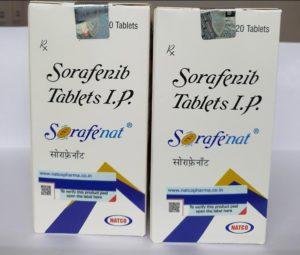
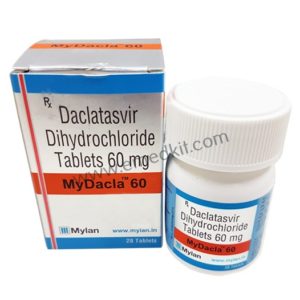
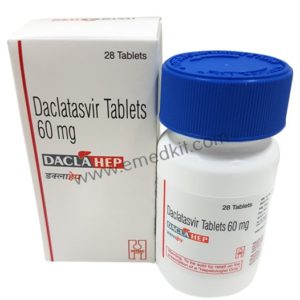

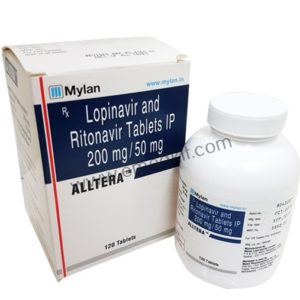
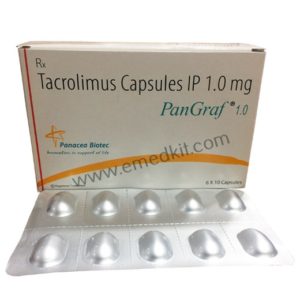
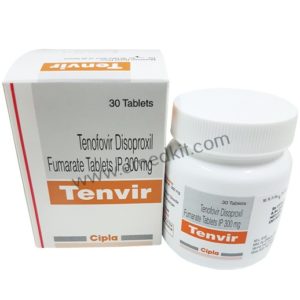
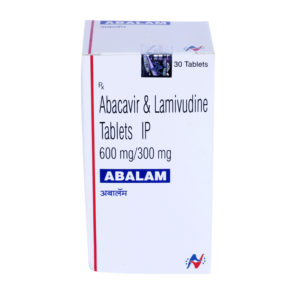
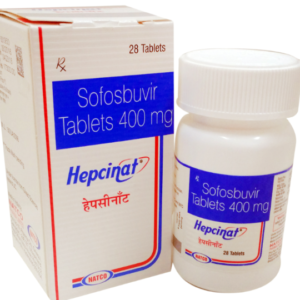
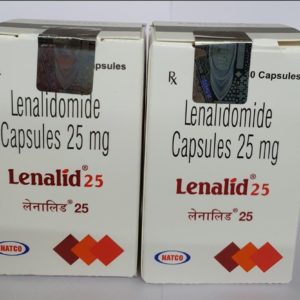
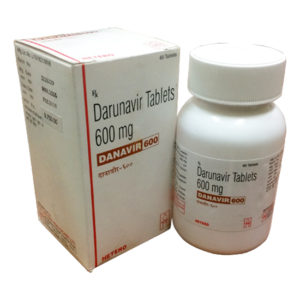
Reviews
There are no reviews yet.